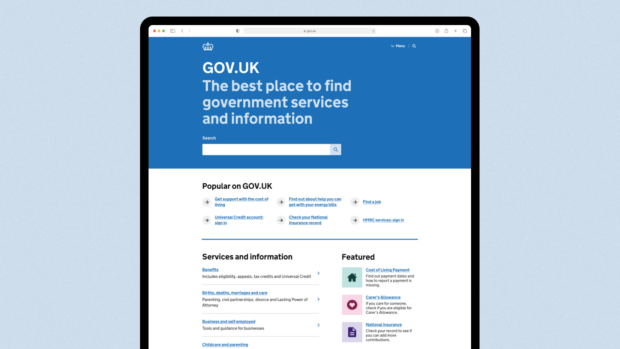Research vice president says public sector needs to embrace start-ups and move workforce out of low-value repetitive roles
Gartner survey found the biggest hurdles to overcome were digital skills, budgets and security – Photo credit: Wikimedia Commons, CC BY 2.0
The latest survey from tech industry analysts Gartner has found that about a quarter of government chief information officers think that a lack of digital skills are a barrier to achieving their goals.
The research surveyed 377 government CIOs from 38 countries, asking them how much of their budget is dedicated to IT, where they see the biggest potential for technology use in government, and what barriers stand in their way.
When asked about the top three barriers that needed to be overcome, 26% of respondents said skills, while 19% said funding or budgets and 12% said the culture or structure of the organisation.
Related content
GDS expands data science training programme for civil servants
Data privacy and lack of skills preventing public sector from making the most of digital, survey says
Respondents felt that data analytics and data science skills were the most lacking within their organisation, with 30% saying they were vulnerable in that domain; security and risk were ranked second for government, with 23% of respondents indicating this was a concern.
Rick Howard, research vice president at Garntner, said that if governments want to boost the digital skills of their staff, they need to take a more strategic approach to workforce development.
“One of those areas is looking to optimise and automate many of the public services that are being done inefficiently and by more manual means, and repositioning that part of the workforce to higher-value roles,” he told PublicTechnology.
“By re-training parts of the workforce that are often occupied with low-value activities, you can move them into areas of analytics, data modelling and data management; to those value-added activities.”
In addition, Howard said, governments can be “reluctant to embrace” start-ups and smaller businesses to bridge the skills gap.
“Some of the skills [governments need] are really coming forward in those newer companies,” he said, adding that this approach is commonplace in other industries.
Meanwhile, the Gartner survey also found that some of the most-hyped technologies were yet to make an impact on the public sector, with all levels of government seeing less opportunity in machine learning or blockchain than the top performing organisations across all sectors.
Advanced analytics topped governments’ to-do lists, with 79% saying that it was a priority area of work; while 68% listed Internet of Things as high up on their agenda, and 57% picked out digital security.
The survey also found that, overall, global government CIOs are anticipating a 1.4% increase in their IT budgets in the next year – compared with a 2.2% average across all industries.
This ties in with Gartner’s benchmark analysis, which found that average IT spending for state and local governments in 2016 represented 4% of the organisation’s operating budget, up from 3.6% in 2015.
For national and international governments, IT spending as a percentage operating expense was 9.4% in 2016, up from 8.6% in 2015.
Howard acknowledged that austerity was hitting some governments’ budgets more than others, but that they would end up “lagging behind” if they don’t make boosting their IT budgets a priority.



